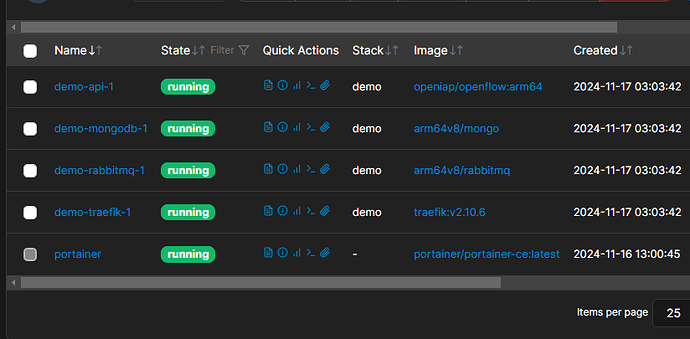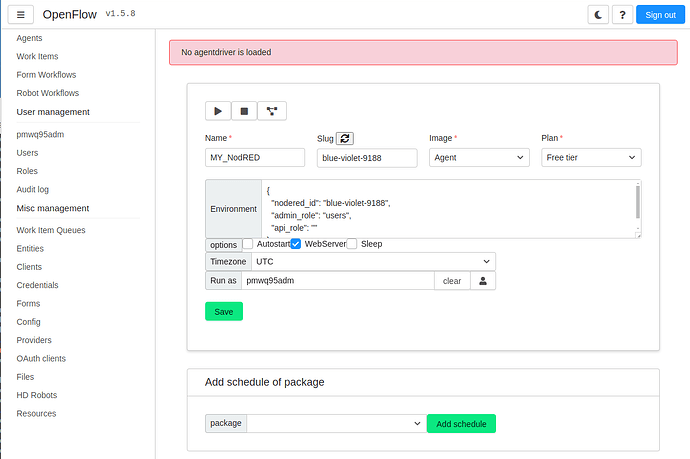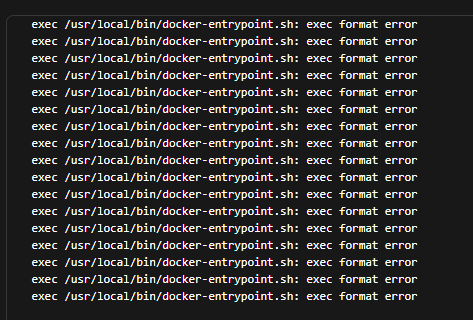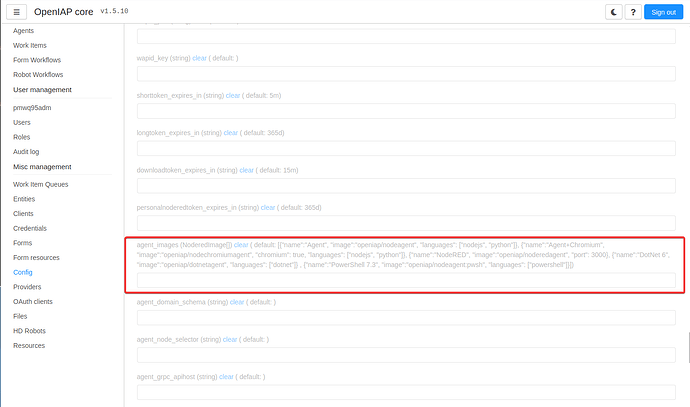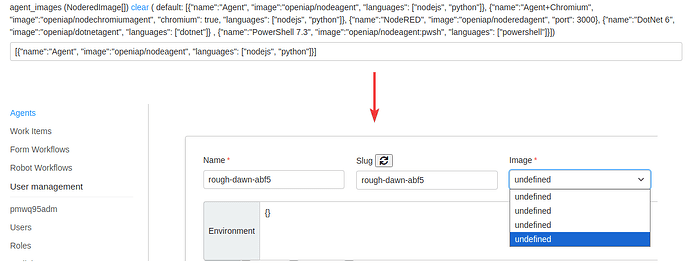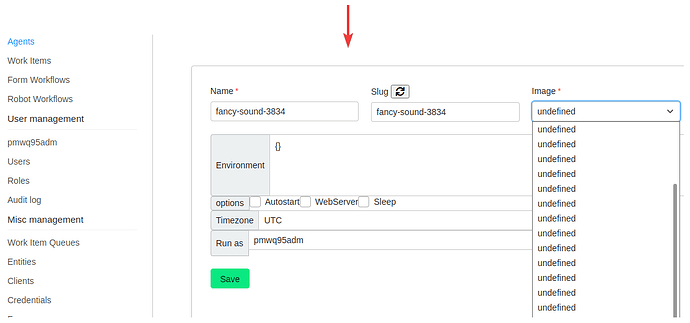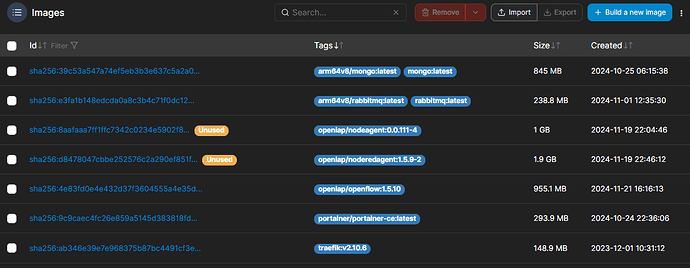Hi,
I am trying to setup OpenFlow on my Raspberry pi 5 64bit
I encountered errors when trying to run the normal-up.sh due to architecture incompatibilities with the api so i build an image for the arm from the git repo openflow
i then reconfigured the docker compose file as follow
version: '3.8'
services:
traefik:
image: traefik:v2.10.6
platform: linux/arm64
command:
- "--providers.docker=true"
- "--providers.docker.exposedbydefault=false"
- "--entrypoints.web.address=:80"
ports:
- "80:80"
restart: always
networks:
- traefik
volumes:
- /var/run/docker.sock:/var/run/docker.sock:ro
mongodb:
image: arm64v8/mongo
platform: linux/arm64
restart: always
command: "--bind_ip_all --replSet rs0"
environment:
- MONGO_REPLICA_SET_NAME=rs0
volumes:
- mongodb_data:/data/db
networks:
- traefik
rabbitmq:
image: arm64v8/rabbitmq
platform: linux/arm64
restart: always
networks:
- traefik
api:
image: openiap/openflow:arm64
platform: linux/arm64
networks:
- traefik
ports:
- "5858:5858"
labels:
- traefik.enable=true
- traefik.http.routers.http-router.entrypoints=web
- traefik.http.routers.http-router.rule=Host(`localhost.openiap.io`)
- traefik.http.services.http-service.loadbalancer.server.port=3000
environment:
- auto_create_users=true
- auto_create_domains=
- domain=localhost.openiap.io
- agent_oidc_userinfo_endpoint=http://api:3000/oidc/me
- agent_oidc_issuer=http://localhost.openiap.io/oidc
- agent_oidc_authorization_endpoint=http://localhost.openiap.io/oidc/auth
- agent_oidc_token_endpoint=http://api:3000/oidc/token
- amqp_url=amqp://guest:guest@rabbitmq
- mongodb_url=mongodb://mongodb:27017/?replicaSet=rs0
- mongodb_db=openflow
- aes_secret=O1itlrmA47WzxPj95YHD2sZs7IchYaQI25mQ
depends_on:
- rabbitmq
- mongodb
restart: always
volumes:
mongodb_data:
driver: local
networks:
traefik:
name: traefik
and added the modified docker compose file to the normal-up.sh script
and the containers now looks to be up and running
I am also able to access OpenFlow locally
but if I navigate to Agents and try to create a NodeRed instance I get this error: No agentdriver is loaded
Can any of you tell me what I am doing wrong?
